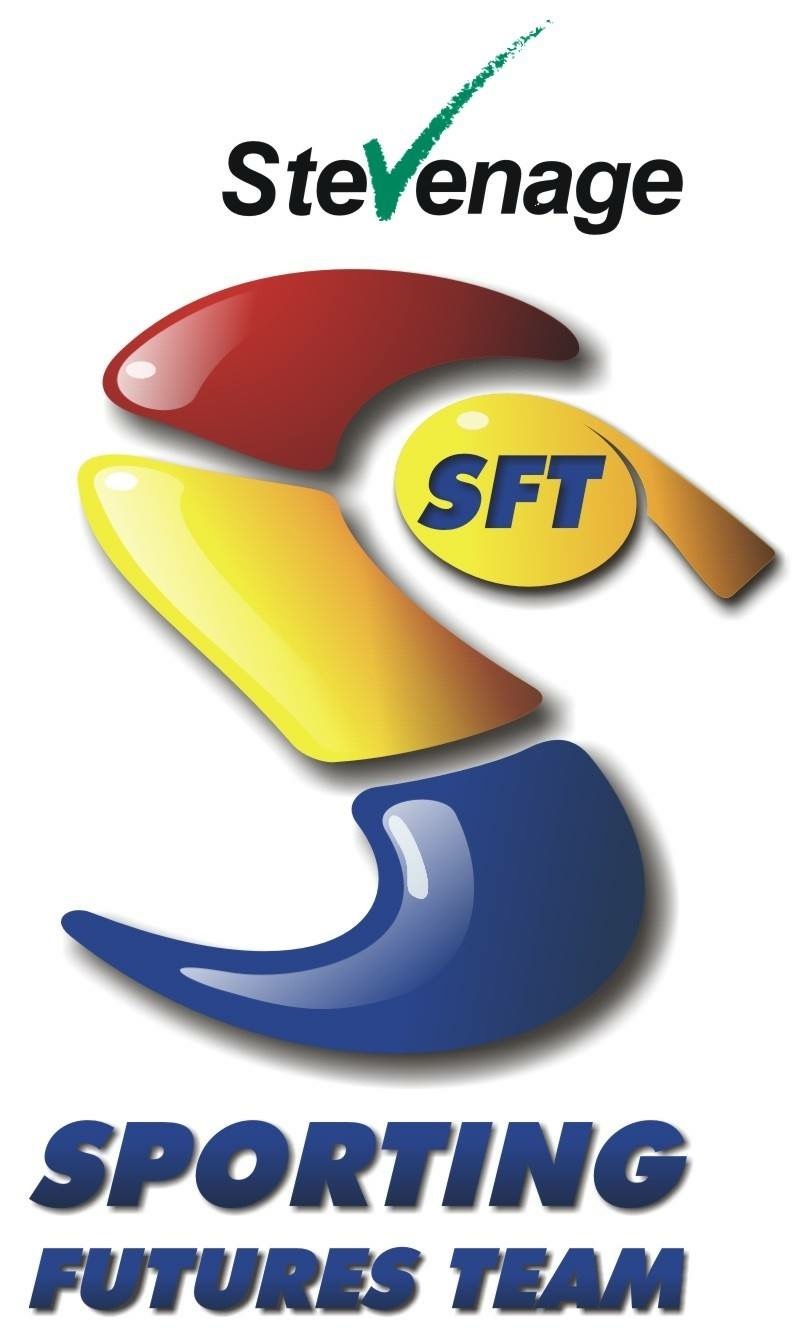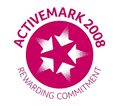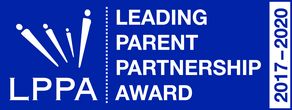SEND Provision
At Featherstone Wood Primary School we provide a range of support for children with SEND
"Every child is a different kind of flower and altogether makes this world a beautiful garden."
Inclusive Classrooms
We strive to be an inclusive school and all learning spaces are organised to meet the needs of children who may have a range of needs including Autism, Dyslexia and sensory needs. For example, all classrooms have visual timetables, spaces for quiet reflection, visual labels and prompts, self-help tables and use of coloured backgrounds. We aim to provide consistency for children as they transition through the school by using the same labels etc.
Individual Plans
Children receiving SEN support have individual plans which detail their next steps following the Assess, Plan, Do, Review cycle and agree the provision needed to help children achieve their targets. These are produced collaboratively, with the child, parents, class teacher, teaching assistants and SENCO. They are continuously updated and reviewed at least termly.
Personalised Resources
We use a range of resources to meet individual needs. These may include:
- Fiddle toys
- Wobble cushions and weighted cushions
- Pencil grips
- Voice recorders
- Ear defenders
- Feelings charts
- Social stories
- Individual visual timetables
- Individual reward systems
- Word key rings
- Communicate in Print resources - e.g. to make an individual a visual task list or a visual word bank
Speech and Language Support
We have an Independent Speech and Language Therapist, in order to provide targeted support to individual children within the School whose needs do not meet the threshold for NHS referral and to provide support across the unit to promote language development for all children. All adults working within the Early Years have received training to ensure that they provide a language rich environment and are able to support individuals effectively. This early intervention enables most of our children to reach an age-appropriate level of receptive and expressive language. We use a variety of programmes to support whole groups and individuals, including:
- The Wellcomm programme
- Early Talk Boost
- Word Aware
Across the school, we provide intervention support to individuals and groups, which are tailored to meet identified needs. This may include:
- Colour Coding approach (sometimes referred to as Colourful Sematics)
- Big Talk
- Pre-teaching vocabulary
- 1:1 support to meet individual targets, including those given by our link NHS Speech and Language Therapist
- Lego Therapy
Intervention support
At Featherstone Wood Primary School, we have a team of teaching assistants who have been specially trained to deliver a range of interventions to provide additional support to individuals and groups to accelerate learning. This includes:
- Pre-teaching - for example, introduction of key vocabulary prior to the lesson so that the child is able to confidently access whole class teaching
- Post-teaching - for example, recapping concepts taught in class to consolidate learning
- Fine Motor Skills Support - support for handwriting, including developing strength and control through activities such as threading, using modelling clay or tweezers
- DAN Maths (diagnostic assessment of number) - programme to fill gaps in understanding of number concepts
- Word Wizards - 1:1 literacy programme for reading and spelling
- Sprite - 1:1 literacy programme for reading and spelling
- Early Literacy Fun – KS1 1:1 literacy programme for reading and spelling
- Phonics Support - small group support to consolidate phonic knowledge and blending and segmenting skills
- Precision Teaching - daily, targeted 1:1 teaching to address gaps-e.g. number bonds, times tables, spelling
- Working Memory Support - teaching children strategies to help them remember and use information
- Talkabout Programme - to develop social skills and self-esteem
Interventions are timetabled mainly during afternoon sessions and are monitored and reviewed by the SENCo to ensure that they are having the intended impact on learning. The SENCo plans the intervention programme based on needs identified during pupil progress meetings and all children may receive extra support through interventions at different times.






